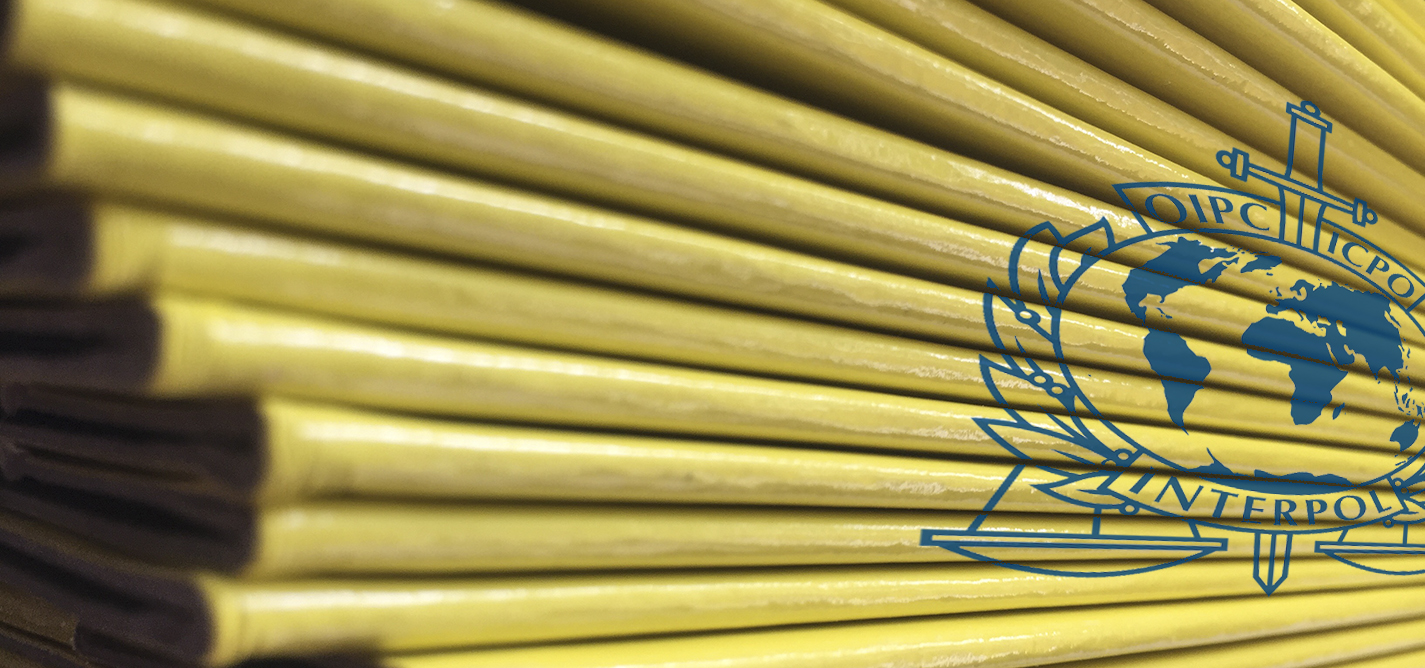
Kosovo’s Interpol membership is far from assured
As UN General Assembly vote approaches, does Kosovo have the support?
|18.08.2017
|
Kosovo as a country does not have official relations directly with Interpol, since it is not recognized by all members.
The research additionally emphasized a lack of cooperation and coordination between the state’s Ministry of Internal Affairs and Ministry of Foreign Affairs in preparing the country for Interpol membership.
While Kosovo’s authorities have expressed confidence that they will secure Interpol membership this year, their diplomatic track record suggests that this should be viewed with a heavy amount of skepticism.

Leonora Aliu
Leonora Aliu is a former K2.0 journalist (2017-18). She studied journalism at the University of Prishtina.
DISCLAIMERThe views of the writer do not necessarily reflect the views of Kosovo 2.0.
This story was originally written in Albanian.